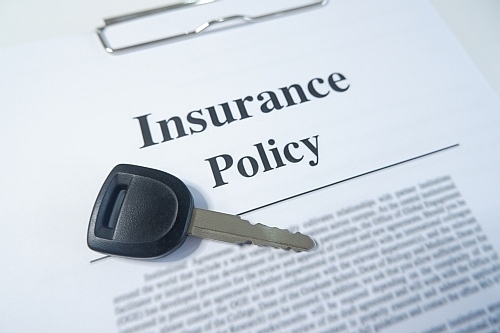In the complex world of auto insurance, understanding the impact of a car accident on your car insurance rates can be challenging. This blog post aims to shed light on this issue, focusing on the legal landscape in North Carolina.
If you were in a wreck in Charlotte, Asheville, or anywhere in North Carolina, our car accident lawyers are here to help you.
No-Fault vs. At-Fault: What’s the Difference?
In the realm of auto insurance laws, states typically adhere to either a “no-fault” or an “at-fault” system. In a no-fault system, drivers involved in an accident rely on their own auto insurance policy to cover medical expenses and lost wages, irrespective of who caused the accident.
On the other hand, in an at-fault state like North Carolina, the driver who caused the accident (the “at-fault” driver) is held responsible for any injuries or damages resulting from their negligence. Instead of filing a claim with your own insurance company (as you would in a no-fault state), you file a personal injury claim with the at-fault driver’s liability insurer.
The Specifics of North Carolina’s At-Fault Laws
In North Carolina, if you are not at fault in an accident, the insurance company of the driver who is at fault is responsible for your medical expenses, lost income, and other damages. This means that you should qualify for a payout from the car insurance policy of the driver at fault.
However, North Carolina stands out as one of the few states that follow a strict rule known as contributory negligence. Under this law, if you bear any degree of fault for an accident, you are barred from seeking any compensation for the injuries you sustained in the accident.
Medical Payments Coverage in North Carolina
While North Carolina does not mandate Personal Injury Protection (PIP) auto insurance like no-fault states do, it does offer optional medical payments (MedPay) coverage. MedPay provides policyholders with limited insurance coverage (usually between $2,000 and $2,500) following an auto accident.
This coverage can be used to cover medical expenses resulting from an accident, regardless of who is at fault.
How a Car Accident Impacts Car Insurance Rates
Typically, your car insurance rates will not increase after an accident where you weren’t at fault. The reason is that the insurance provider of the party at fault will cover your medical bills and vehicle repair costs. Therefore, if your insurance company doesn’t have to pay out any money, your premiums will remain unchanged.

However, it’s not always this straightforward. Even if you aren’t at fault, you may still face higher rates. The circumstances of the accident, the kinds of coverage you possess, and your history of claims can influence an increase in your premiums.
Legal Requirements in North Carolina
North Carolina law has specific requirements when it comes to reporting car accidents. You are required to report a car accident to the police if anyone was hurt in the collision, anyone was killed in the collision, or if the collision caused $1,000 or more of property damage.
Drivers are also required to stop at the scene of an accident and exchange contact details and other relevant information with the other parties involved in the accident.
Specific Laws for Insurance Companies
North Carolina General Statutes Chapter 58 provides specific laws that insurance companies need to comply with relating to rates
- North Carolina General Statutes § 58-12-10: This statute requires insurance companies to file their rates with the North Carolina Department of Insurance.
- North Carolina General Statutes § 58-12-20: This statute prohibits insurance companies from discriminating against drivers who have been in accidents.
- North Carolina General Statutes § 58-12-30: This statute requires insurance companies to use fair and reasonable criteria when setting rates.
Call Our Car Accident Lawyers for a Free Consultation
While a car accident that wasn’t your fault generally won’t cause your insurance rates to rise, it’s important to understand that each case is unique. Factors such as your claims history and the specifics of the accident can influence whether or not your premiums increase.
Understanding your rights and responsibilities under North Carolina law can help protect you financially and legally in the event of an accident. Always consult with a legal professional for advice tailored to your specific situation.
With offices in Charlotte and Asheville, our law firm helps people across North Carolina. Contact us today at 704-706-2689 for your free consultation.




